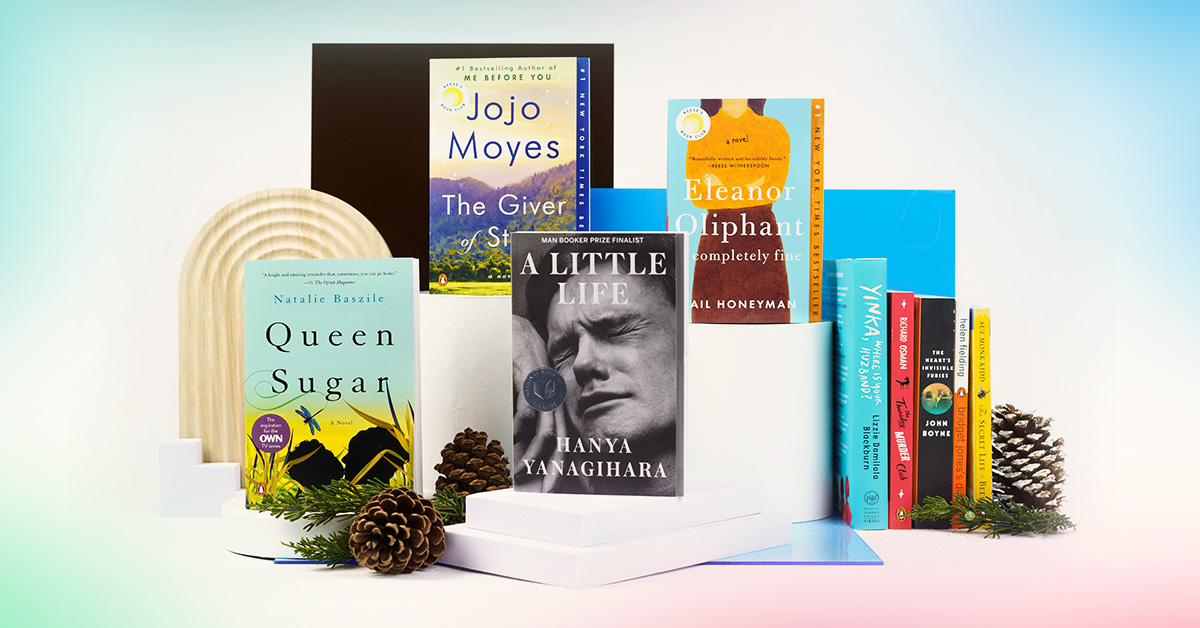Total Meditation: A Better Way to Cope with Stress and Anxiety
I didn’t realize as I was writing Total Meditation how relevant the book would be in these difficult times. The seed of this book is something new to the practice of meditation. Instead of being occasional, the kind of meditation for which you set aside a specific time out of your day, total meditation addresses how you think and feel at every moment.
The technique is simplicity itself. Whenever you notice that you are distracted, stressed, feeling burdened, anxious, or out of sorts, use this feeling as a trigger to return to the mind’s natural state of inner peace and quiet. The steps are as follows:
· Find a quiet place where you can be alone and undisturbed.
· Close your eyes and take a few deep breaths.
· Put your attention on the area of your heart.
· Breathe easily until you feel relaxed and quiet inside.
Total meditation, being spontaneous, is effortless. And because you can do it anytime you like for a few minutes, the practice fits into the busiest days. At first you might find yourself doing the practice six or more times a day. But over time your mind will become trained to seek the meditative state more quickly and easily.
Many people will be surprised that meditation can be effortless. The usual practices of meditation have a built-in problem that needs solving: the problem of noncompliance. Countless people have taken up the practice, motivated by the benefits of meditation, which have been supported by literally thousands of studies. The first few sessions go well, which is encouraging, but it is only a matter of time before meditation becomes one more thing we don’t have time for.
Letting your meditation practice drop away seems to affect every kind of practice, no matter how simple, including mindfulness, mantra meditation, Buddhist Vipassana, and so on. Even sitting for 10 minutes following your breath, which is the simplest meditation of all, doesn’t manage to stick. The result is that the vast majority of people stop meditating and never go back, while a much smaller number meditate “when I feel I need it.”
The number one reason for noncompliance is that everyday life is too busy, too full of work, family, TV, texting, eating out, and all the rest. But if we reframe the situation, meditation can be effective and effortless at the same time. Let’s accept that occasional meditation, although it might bring a moment’s respite from a busy day, hasn’t worked out for you. Instead of feeling guilty, you can begin a radically different practice.
My new book is based on a powerful idea: to be successful, meditation must arise naturally out of the mind’s tendency to rebalance itself whenever it detects a state of imbalance. Total meditation expands upon this natural tendency and consciously directs it as needed. It is effortless to center yourself during the day, and the more you make it a habit, the deeper your meditative state will be. More importantly, your life outside meditation will become more conscious, again without effort on your part. (In the book I address examples of stress, habits, and old conditioning that have become chronic. They can be serious conditions, but they are still open to the healing touch of meditation, if approached in the right way.)
I’ve come to feel that occasional meditation’s problems can be solved in this simple way. The problems won’t go away simply by promising yourself that you will try harder to keep up your practice. It’s good news, I think, that a better way exists.
DEEPAK CHOPRA MD, FACP, founder of The Chopra Foundation, a non-profit entity for research on well-being and humanitarianism, and Chopra Global, a modern-day whole health company at the intersection of science and spirituality, is a world-renowned pioneer in integrative medicine and personal transformation. Chopra is a Clinical Professor of Family Medicine and Public Health at the University of California, San Diego and serves as a senior scientist with Gallup Organization. He is the author of over 90 books translated into over forty-three languages, including numerous New York Times bestsellers. For the last thirty years, Chopra has been at the forefront of the meditation revolution and his next book, Total Meditation (Harmony Book, September 22, 2020) will help to achieve new dimensions of stress-free living and joyful living. TIME magazine has described Dr. Chopra as “one of the top 100 heroes and icons of the century.” www.deepakchopra.com


Add to Bookshelf


